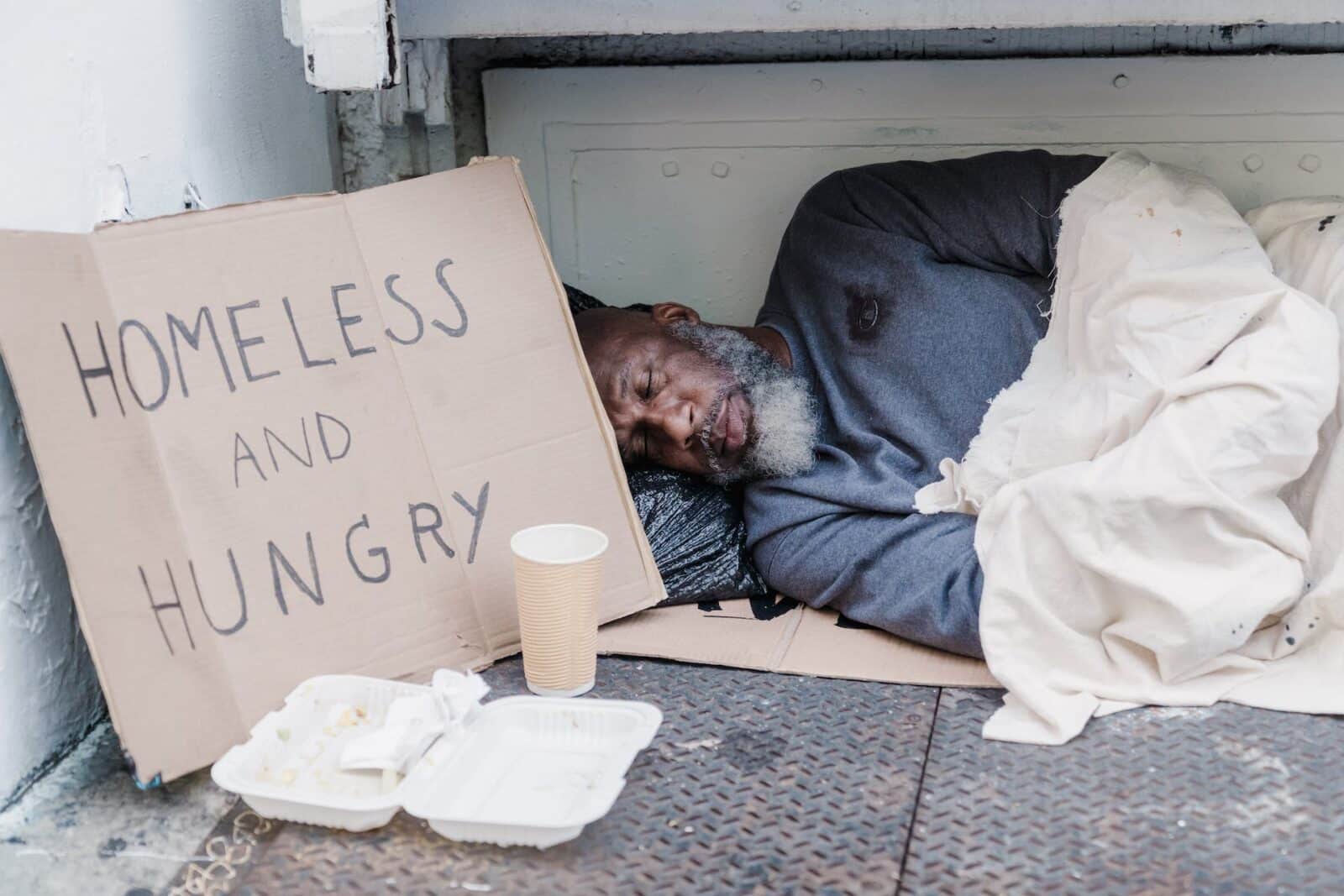The distinction between housing and healthcare is becoming less clear in several states. While Medicaid traditionally assists individuals with low incomes in covering medical expenses, around 20 states are now using some of these funds for social services, particularly housing support for the homeless.
While some view this shift as a way to address health issues stemming from poor living conditions, skeptics argue that it fails to address the root problems. The Medicaid program is federally managed, but states have the flexibility to set their own benefits and eligibility criteria.
According to Dr. Marc Samuels, founder and CEO of ADVI Health, some states focus on temporary housing assistance to address social determinants of health, such as serious mental illness, substance abuse disorders, disabilities, long-term care, high-risk pregnancy, or chronic homelessness.
Currently, at least 20 states include housing support services in their Medicaid programs, with five states – Arizona, California, New York, Oregon, and Washington – having federal approval to cover short-term housing assistance through specific waivers. California, in particular, unveiled an ambitious $12 billion, five-year plan in 2022 to revamp its Medicaid program (Medi-Cal) to include various social services beyond medical care.
Other states, like Oregon, Arkansas, Massachusetts, Hawaii, New Jersey, and Washington, have also initiated Medicaid programs targeting homelessness, with New York recently approved for a Medicaid expansion that includes housing support.
Proponents argue that there is a direct link between housing and health. The Medicaid and CHIP Payment and Access Commission (MACPAC) emphasized in a 2018 brief that poor housing conditions can exacerbate health issues related to infectious and chronic diseases, injuries, mental health, and childhood development.
However, not everyone is convinced that using Medicaid funds for housing is the solution to homelessness. Dr. Marc Siegel, a clinical professor of medicine at NYU Langone Medical Center, believes it is a substantial financial burden on states and does not address underlying issues such as chronic mental health problems, drug use, and infectious diseases.
Despite differing opinions, some doctors support allocating Medicaid funds to housing costs, emphasizing the connection between secure housing and better health outcomes. They argue for an additive approach, suggesting that programs should address both housing and traditional healthcare needs to have the greatest impact.
Ultimately, the debate continues on whether redirecting Medicaid funds to housing support effectively addresses the complex challenges faced by homeless individuals.
Related posts:
 Affordable Rental Provider Repays $710K to Arlington County
Affordable Rental Provider Repays $710K to Arlington County
 Reduce Your Environmental Footprint: Simple Water Conservation Tips for Your Home
Reduce Your Environmental Footprint: Simple Water Conservation Tips for Your Home
 10 Precautions to Stay Safe During a Home Renovation
10 Precautions to Stay Safe During a Home Renovation
 Surge in US Housing: A Close Look at the November 2023 Boom
Surge in US Housing: A Close Look at the November 2023 Boom
 Seattle Fort Lawton Housing Plan Revision: A New Vision for Affordable Living
Seattle Fort Lawton Housing Plan Revision: A New Vision for Affordable Living



